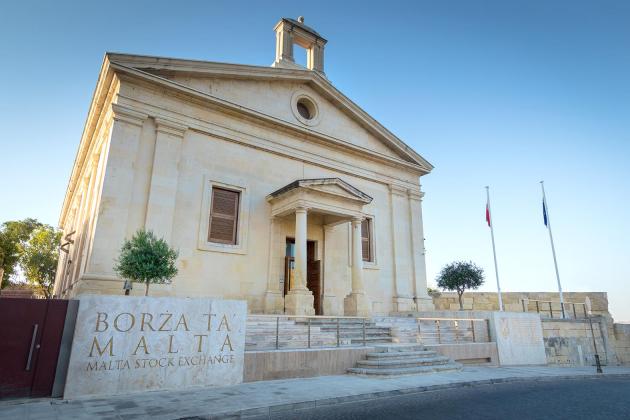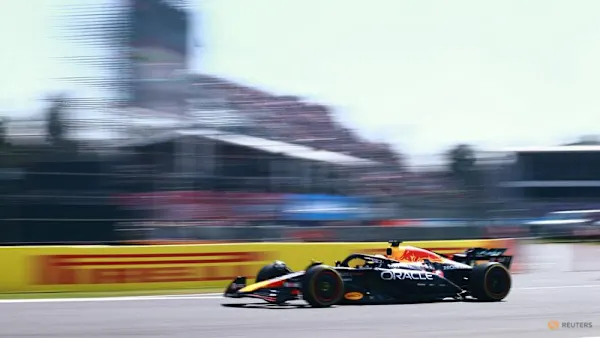Copyright timesofmalta

For over a decade the EU has endeavoured to create the ‘Capital Markets Union’. The Commission has often redefined this fluffy term but progress has remained elusive. Alas, EU capital markets have failed to match the US despite the 2004 Markets In Financial Instruments Directive (MIFID) which successfully energised pan-European share trading. Sadly, later versions of MIFID, among other regulations, have emerged like hastily produced Hollywood sequels: a classic blockbuster original is reduced to a flabby follow-up where an excess of budget results in a messy disappointment. EU markets have thus fallen further behind the American economic colossus. Even with a weaker dollar, US markets still amount to over 60% of the entire global stock market capitalisation. A broader failure of the EU to recover from the 2008 banking crisis has led to relative economic atrophy. Between 2008 and 2023, US GDP grew by 87%. The EU ‘managed’ a comparatively dismal 13.5%. A larger economy than the US a generation ago, Europe is now a third smaller. Unfortunately, in efforts to reinvigorate overall economic stasis, the EU only tends to see solutions through the lens of the largest nations. That ‘big nation’ fixation with little thought given to the smaller EU members could prove fatal to Malta’s modest but remarkably well- constituted capital markets. Since its foundation in 1990, the Malta Stock exchange has carved out a remarkable niche delivering investment opportunities and raising capital for the government and the private sector alike. While not always plain sailing, current bond market issues, the overall net benefit to investors and issuers of the Valletta bourse has been considerable. In proving this niche market in a nation with a half million residents, Malta shows how small but well-formed markets can work for the betterment of any economy. The problem from the lofty towers of the Brussels bureaucratic enclave is that 500,000 people represents a rounding error amid a Union of 450 million. Earlier this month, the Paris-based EU securities regulator ESMA announced − in a remarkable reversal of established national sovereignty − that it would seek to control the regulation of national stock exchanges and crypto platforms. This high-handed move was a warning sign that the EU has decided to perform ‘free’ markets through central planning. A fortnight later, German Chancellor Friedrich Merz confirmed that the Capital Markets Union must mean a ‘monobourse’: a single ‘one-size-fits-all’ monopoly stock exchange. Given the tortuous history of central planning in the former DDR (German Democratic Republic), it’s very difficult to make sense of the German proposal… beyond seeking to impose Frankfurt’s Deutsche Boerse as a monopolist in what ought to be free markets. Even the argument that gathering large EU stocks in a single venue might make European markets better is a tortuous assertion meeting expert scepticism from those outside the Brussels bubble. Not a single EU company ranks in the world’s top stocks 25 by market capitalisation where the US counts 20! Indeed, the US has 10 separate share exchange operators controlling 29 separate share and options exchanges. The EU monobourse concept is profoundly flawed. Moving beyond what I term the “superliquid” stocks, a centrally imposed European monobourse could inflict significant damage on Malta’s financial centre, with ramifications for the broader economy. The Malta Stock Exchange (MSE) has spawned a remarkable ecosystem of local brokers and cultivated associated professional services serving the local economy as well as delivering services overseas. The flawed monobourse model means the central planners ‒ whether in Brussels, Paris, Frankfurt or elsewhere ‒ will have little interest in the well-being of Maltese issuers or investors. Niche capital market providers such as the MSE are not merely viable but eminently desirable in a diversified EU economy to help fund the companies of the future in line with government innovation policy. Implementing a centrally planned one-size-fits-all pan EU model follows economic logic propagated by North Korea. Even Communist China has several mainland stock exchanges alongside the SAR (Special Administrative Region) powerhouse in Hong Kong. The monobourse only makes sense given longstanding German ambitions to be a stock monopolist. However, the parochial thinking of German middle managers lurking in the Frankfurt suburbs would limit the ability of Maltese businesses to finance their future endeavours. Smaller bourses such as MSE need to be maintained to help develop more niche financial solutions for investors and issuers alike. The government, MSE’s owner, will clearly have to formulate a position to ensure the ongoing viability of the Maltese financial centre. I wish them well protecting Malta’s vital microexchange. Former exchange CEO Patrick L Young, publishes the leading bourse information service, Exchange Invest and advises/builds on exchanges/marketplaces worldwide.



